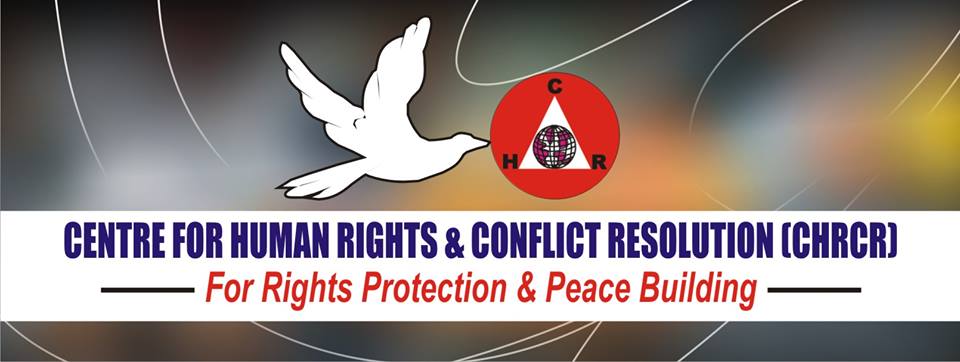The human cost of conflict: A call for peace and unity
“An eye for an eye makes the whole world blind.” This is a quote known by many. This quote really captures the destructive nature of conflict and the importance of finding a way to resolve it peacefully. It’s a great reminder that conflict can lead to a never-ending cycle of violence and that it’s important […]

“An eye for an eye makes the whole world blind.” This is a quote known by many. This quote really captures the destructive nature of conflict and the importance of finding a way to resolve it peacefully. It’s a great reminder that conflict can lead to a never-ending cycle of violence and that it’s important to find a way to break that cycle.
Conflict and warfare have plagued humanity throughout history, leaving behind a trail of devastation and suffering. While the focus often remains on the political and military aspects of conflict, it is crucial to shed light on the human cost endured by civilians.
Beyond the headlines and the statistics, lies the untold story of the human cost of conflict. Civilians, innocently caught in the crossfire, bear the brunt of the chaos and destruction. From physical injuries to emotional trauma, the consequences are far-reaching and long-lasting.
The physical suffering and loss of lives is as a result of conflict. In war-torn regions, civilians face the immediate danger of violence from armed groups and the destruction of critical infrastructure. The lack of access to healthcare and trained medical professionals leads to preventable deaths and prolonged suffering. Innocent lives are cut short, leaving families shattered.
Conflict forces millions to flee their homes, seeking safety and refuge elsewhere. Entire communities are uprooted, leaving behind everything they hold dear. Displacement leads to overcrowded camps, inadequate access to resources, and the loss of livelihoods, perpetuating a cycle of poverty and despair. The resulting refugee crisis places an enormous strain on neighbouring countries and international organizations, disrupting the socio-economic balance.
There are instances whereby civilians undergo emotional and psychological trauma. Witnessing violence, loss, and living in constant fear has a profound impact on individuals’ mental well-being. From post-traumatic stress disorder (PTSD) to depression and anxiety, the psychological toll is immense. Trauma experienced during conflict can have long-lasting effects, hindering individuals’ ability to rebuild their lives once peace is restored.
The human cost of conflict extends beyond individual suffering and permeates every aspect of a nation’s fabric.
Aspects like economic strain cause conflict to decimate economies, diverting resources towards military expenditures rather than investing in vital sectors such as education, healthcare, and infrastructure. It hampers trade, disrupts supply chains, and deters foreign investments. The consequences ripple through future generations, perpetuating poverty and hindering national development.
Also, it brings about socio-political instability. It breeds a climate of fear and distrust, leading to an erosion of social cohesion. Divisions along ethnic, religious, or political lines deepen, sowing seeds for future conflicts. Social structures collapse and institutions are compromised, impeding progress and stability.
There is also the case of education and healthcare setbacks as a result of conflict. It disrupts essential services like education and healthcare, depriving future generations of opportunities and undermining human capital development. Children are denied access to education, perpetuating illiteracy and fueling the cycle of poverty. Hospitals and medical facilities are damaged, leading to a decline in healthcare provisions, and compromising public health systems.
Conclusively, the human cost of conflict should never be overlooked or forgotten. It is a reminder of our shared humanity and the urgent need to prioritize peace and unity. By addressing the consequences of conflict on civilians and nations, we can work towards a future where the human cost is minimal, and the rights and well-being of all people are safeguarded. Let us rise above discord and division, embracing the path of peace for a better world.
Haruna Khadijah, Department of Mass Communication, ABU Zaria, [email protected]
